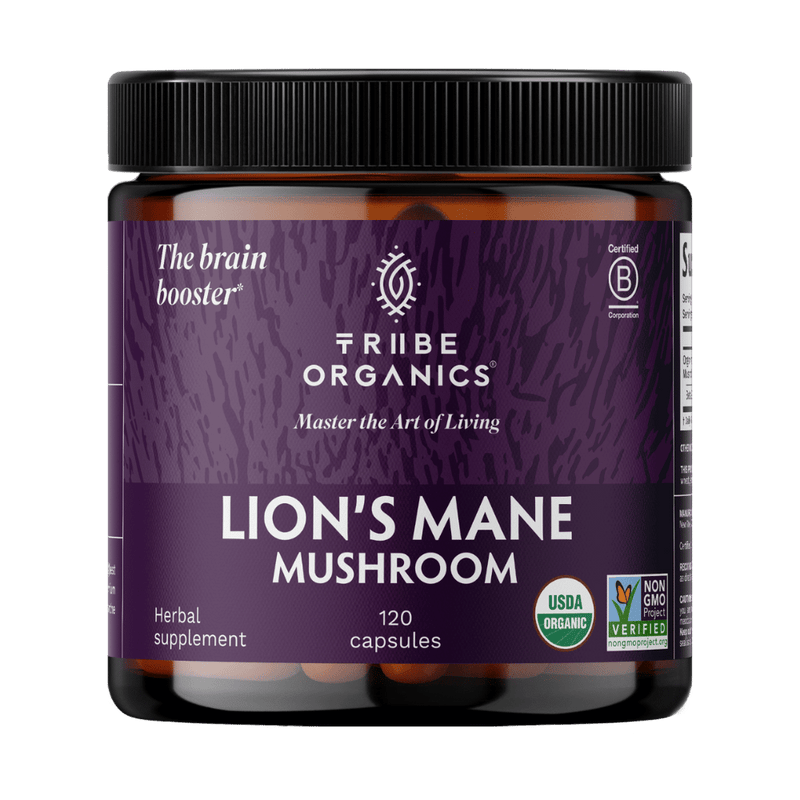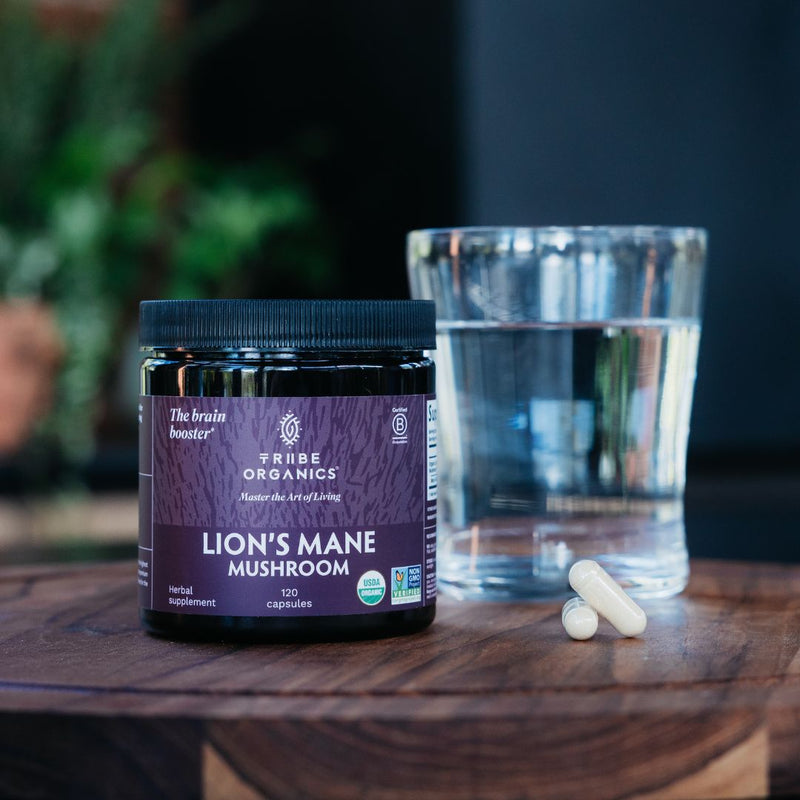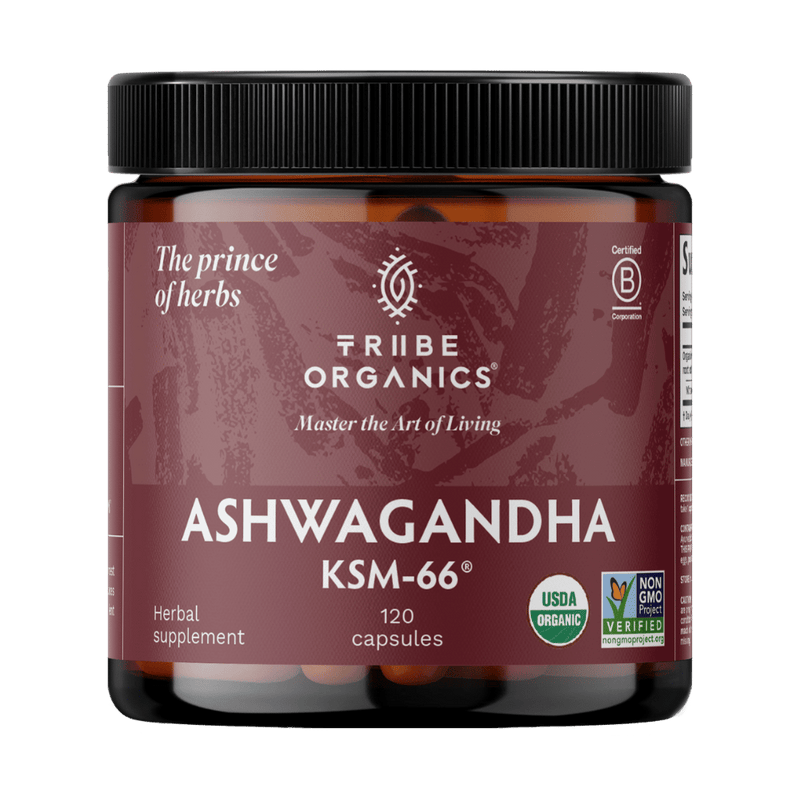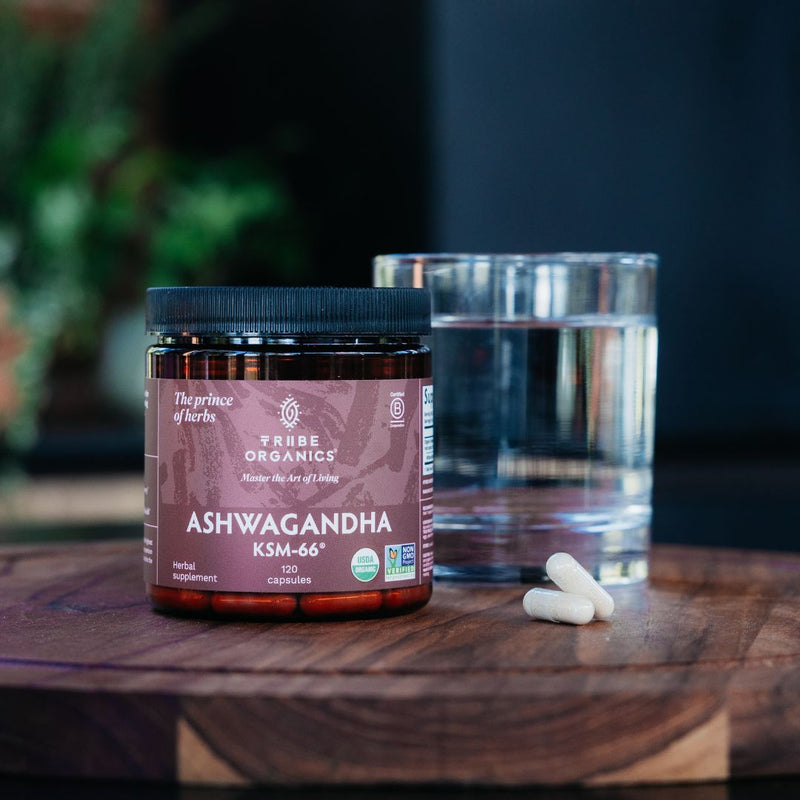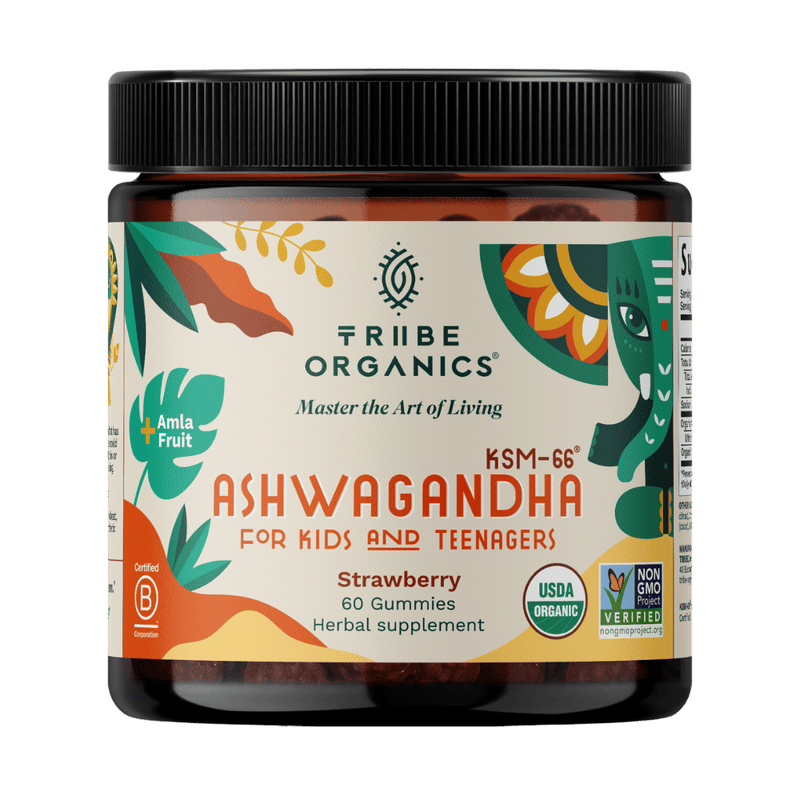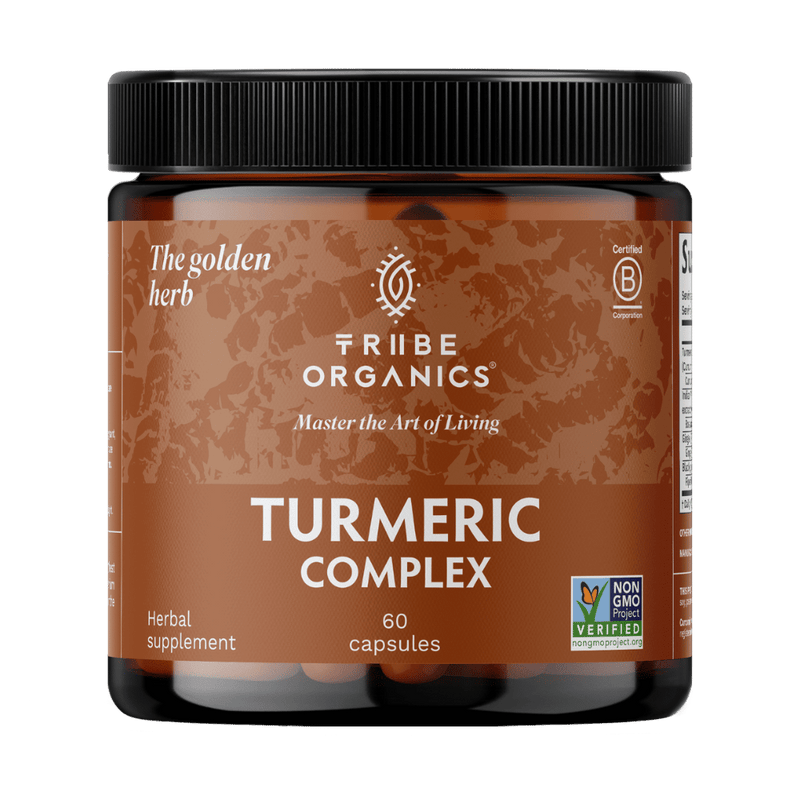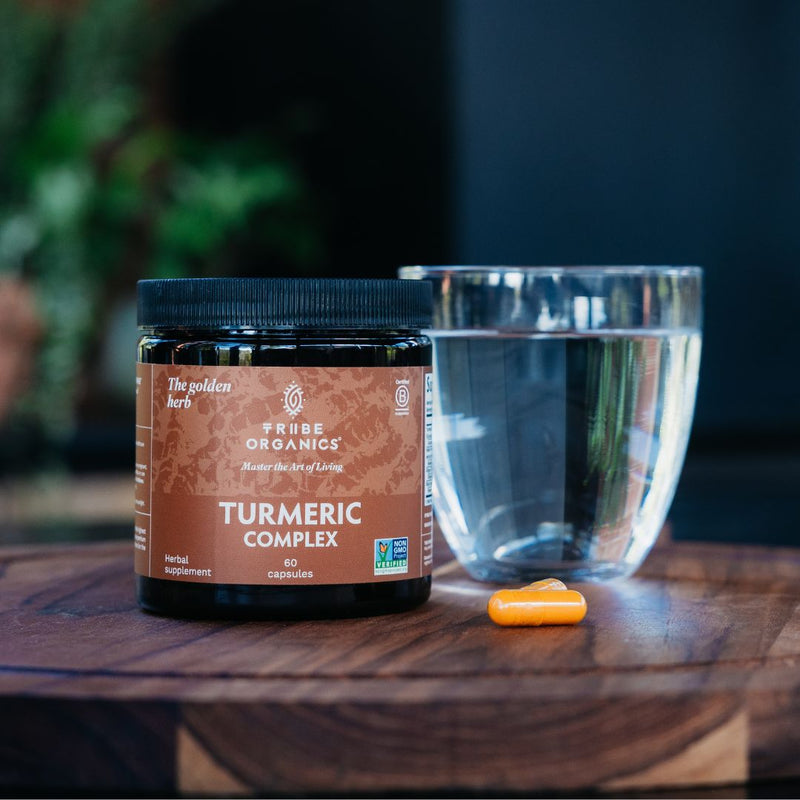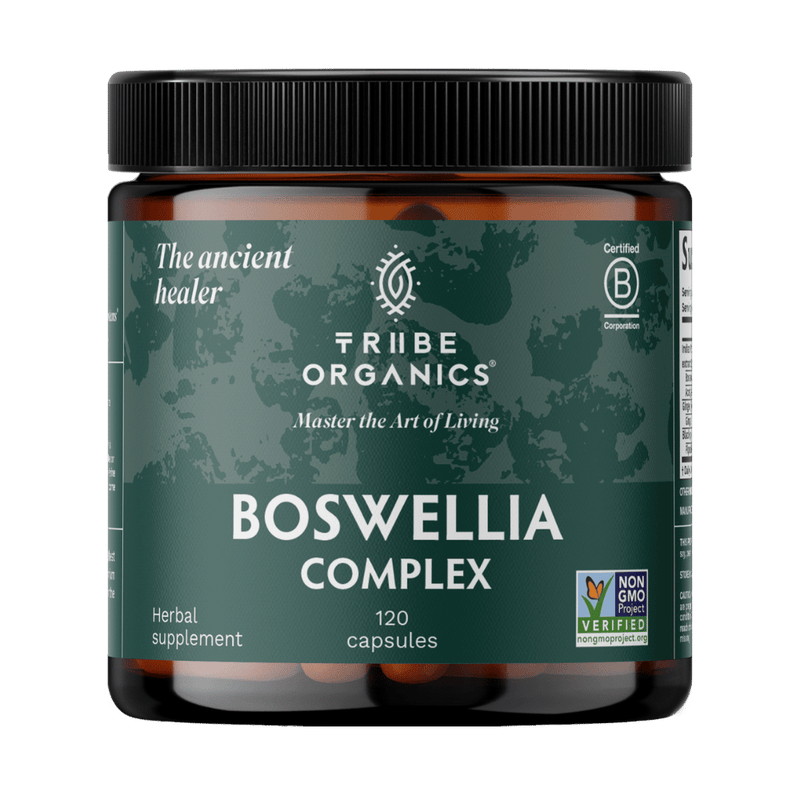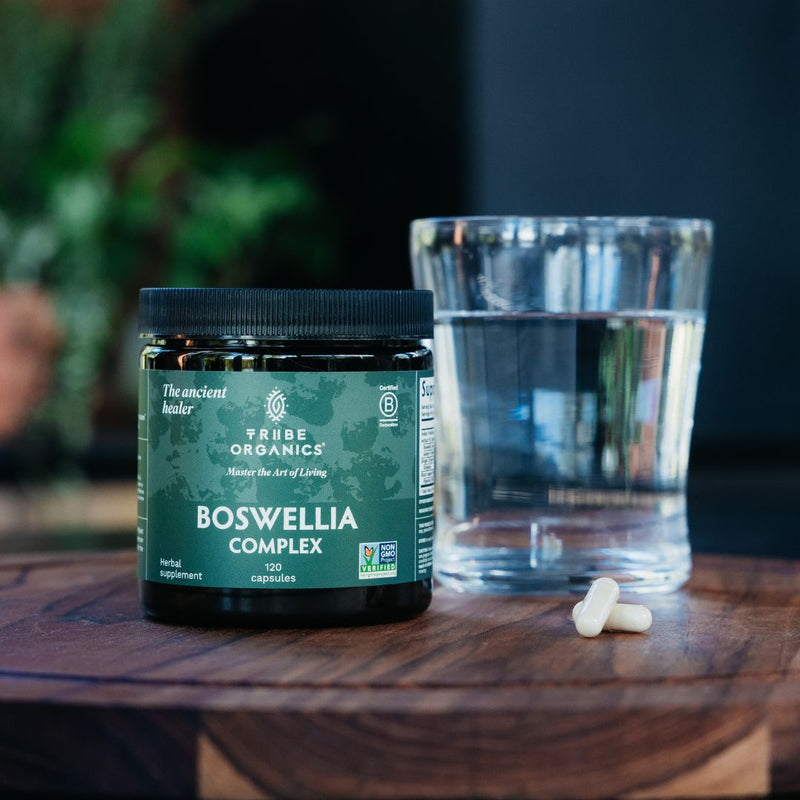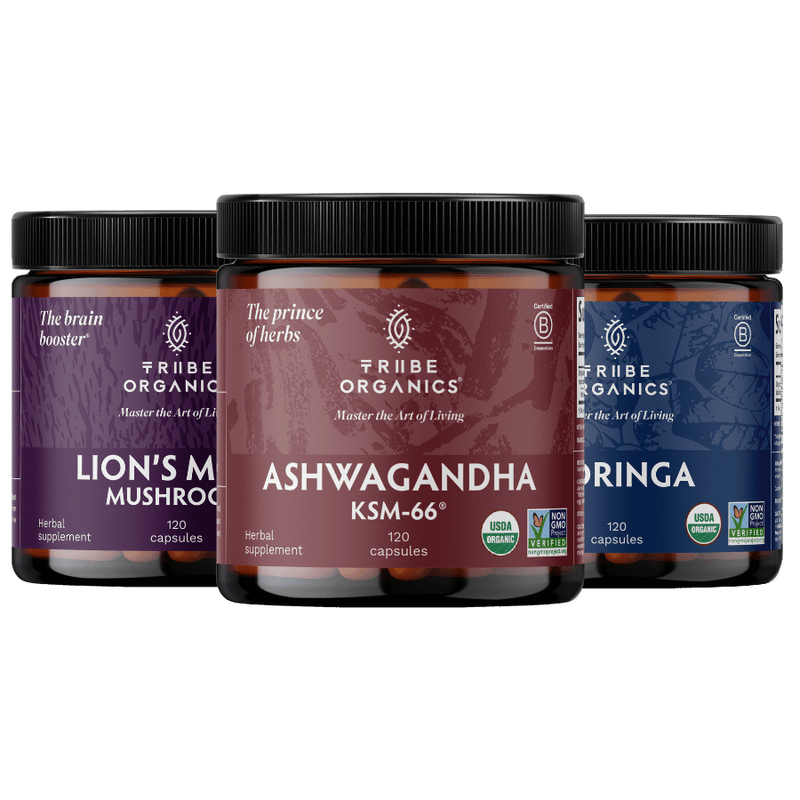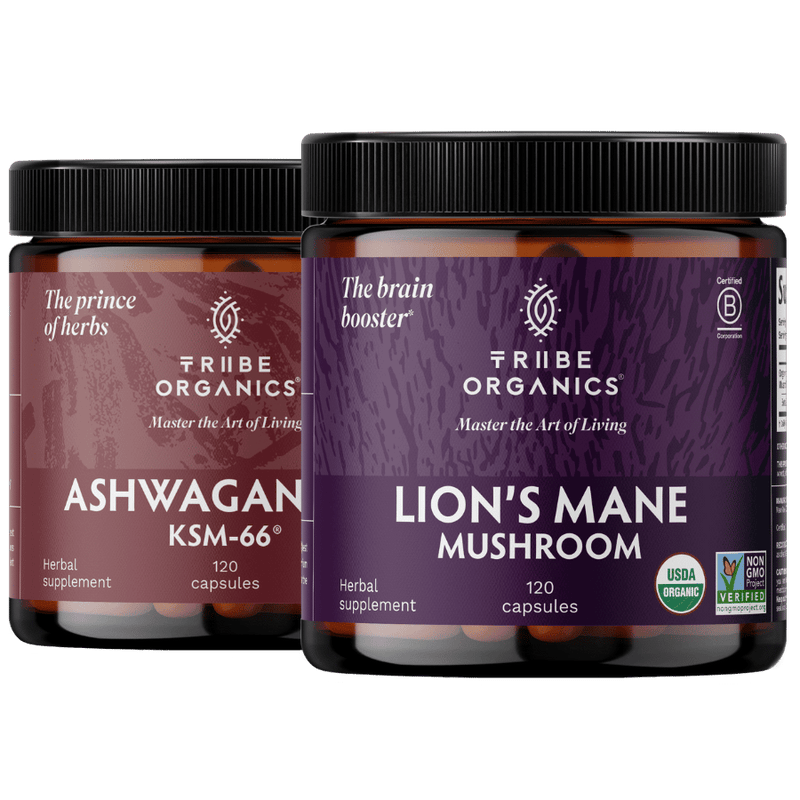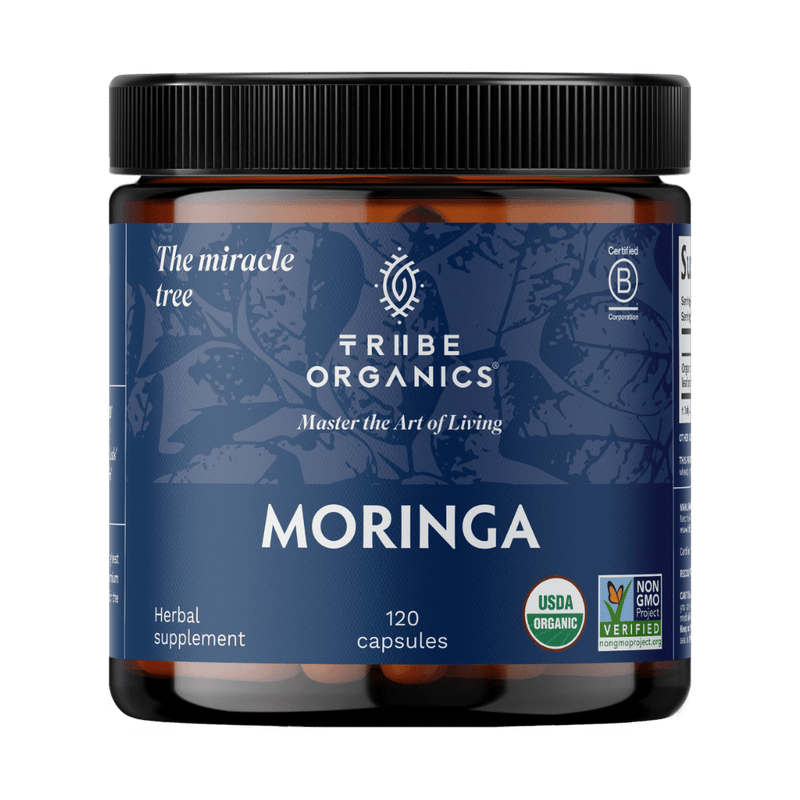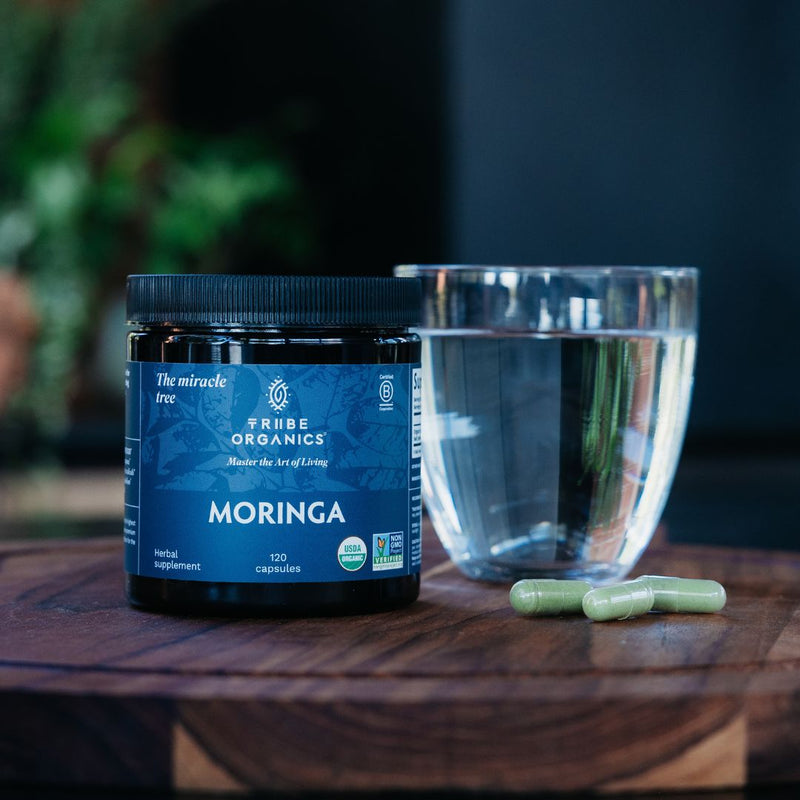Key Takeaways
- ashwagandha extract significantly improves sleep quality and reduces sleep onset latency in adults, with optimal results at 600mg daily for 8+ weeks
- Clinical studies show ashwagandha helps with insomnia by affecting GABA neurotransmitter receptors and reducing stress-related cortisol levels
- The herb is generally safe for short-term use (up to 3 months) but should be avoided by pregnant women and those with certain medical conditions
- Research demonstrates greater sleep benefits in people with existing insomnia compared to healthy individuals
- ashwagandha works as an adaptogen, addressing underlying stress that often contributes to sleep disturbances
Poor sleep quality affects millions worldwide, with many seeking natural alternatives to conventional sleep medications. Ancient wisdom meets modern science in ashwagandha, also known as indian ginseng, a powerful adaptogenic herb that’s garnering attention from sleep medicine researchers and practitioners of complementary and integrative health. This comprehensive guide examines the clinical evidence behind using ashwagandha for sleep quality and insomnia relief, providing you with the knowledge needed to make informed decisions about incorporating this herbal supplement into your wellness routine.
What is Ashwagandha and How Does it Help Sleep?
ashwagandha (Withania somnifera) is an evergreen shrub native to Asia, Africa, and Europe, belonging to the nightshade family. This remarkable herb goes by several names in herbal medicine, including indian ginseng and winter cherry, though it’s botanically distinct from true ginseng. In ayurvedic medicine, ashwagandha has been treasured for over 3,000 years as a rasayana (rejuvenating herb), particularly valued for its ability to promote restful sleep through a traditional practice called “Nidrajanan.”
The sleep-promoting power of ashwagandha lies in its unique bioactive compounds called withanolides, which are steroidal lactones that give this herbal supplement ashwagandha its therapeutic properties. These compounds work synergistically with other constituents in both the root and leaf portions of the plant, though standardized ashwagandha root extract typically contains the highest concentration of active ingredients.
Unlike conventional sleep medications that often mask symptoms, ashwagandha appears to address a fundamental root cause of sleep disorders: chronic stress. By functioning as an adaptogen, this ancient remedy helps the body better manage stress responses that frequently underlie insomnia patients’ difficulties with sleep onset and sleep efficiency.
The Science Behind Ashwagandha’s Sleep-Promoting Effects
Modern research has illuminated the sophisticated mechanisms through which ashwagandha withania somnifera promotes better sleep. The herb’s primary action involves modulating stress hormones, particularly cortisol, which plays a crucial role in maintaining healthy sleep-wake cycles. When cortisol levels continue to be elevated due to chronic stress, they can significantly disrupt natural sleep patterns and contribute to poor sleep quality.
ashwagandha extracts work by supporting the hypothalamic-pituitary-adrenal (HPA) axis, helping to normalize cortisol production and timing. This stress-relieving action is fundamental to the herb’s ability to improve subjective sleep quality and reduce the time needed for sleep onset. Clinical evaluation has shown that standardized ashwagandha extract can reduce cortisol levels by up to 30% in chronically stressed adults.
The herb also influences neurotransmitter systems critical for sleep regulation. Research indicates that ashwagandha enhances GABAergic signaling, as GABA serves as the brain’s primary inhibitory neurotransmitter responsible for promoting relaxation and initiating sleep. This mechanism helps explain why taking ashwagandha can lead to improvements in sleep onset latency and overall sleep architecture.
Additionally, ashwagandha supports serotonin pathways that regulate mood and sleep cycles, while its antioxidant properties help protect against oxidative stress that can interfere with healthy sleep patterns. These multiple pathways of action make ashwagandha a comprehensive approach to improving sleep compared to single-target interventions.
Clinical Research and Evidence
The evidence supporting ashwagandha for sleep quality comes from multiple randomized controlled trials and systematic reviews that demonstrate its effectiveness for sleep disorders. A pivotal systematic review and meta-analysis found that ashwagandha extract had a small but significant effect on sleep improvement compared to placebo, further solidifying its role as a natural sleep aid.
This comprehensive review and meta-analysis found that participants taking ashwagandha extract experienced statistically significant improvements in overall sleep quality compared to the placebo group, with a standardized mean difference of -0.59 (95% CI -0.75 to -0.42, p< 0.001). These improvements were measured using validated rating scales, ensuring the reliability of the findings. This effect size is considered clinically meaningful and suggests that ashwagandha provides substantial benefits for people struggling with poor sleep.
Particularly noteworthy is that the research showed greater effectiveness in adults with existing sleep disturbances compared to healthy adults with normal sleep patterns. This finding is crucial for insomnia patients seeking natural alternatives, as it indicates that ashwagandha is most beneficial for those who need it most.

Study Results and Effectiveness
One of the most significant randomized double blind placebo controlled studies involved 154 participants over a 6-week period, examining the effects of standardized ashwagandha root extract on various sleep parameters. This double blind placebo controlled study used objective measurement tools including actigraphy (wrist-worn sleep monitors) alongside validated subjective assessments.
The results were impressive across multiple sleep metrics. Participants in the ashwagandha group showed significant improvements in sleep onset latency, falling asleep an average of 4-5 minutes faster than the placebo capsules group. Total sleep time increased by approximately 30-45 minutes, while sleep efficiency (the percentage of time spent asleep while in bed) improved from baseline levels of around 75% to over 83%. Supplementation with ashwagandha also significantly improved nonrestorative sleep, as measured by activity monitoring during sleep.
Beyond quantitative sleep improvements, the randomized placebo-controlled trial also documented enhanced mental clarity upon waking and reduced anxiety levels throughout the day. Participants using ashwagandha reported lower anxiety and stress levels compared to placebo groups. Participants reported feeling more refreshed and alert in the morning, with improvements in cognitive functions that persisted throughout the study period.
Quality of life measures also showed significant improvements, with participants experiencing better mood stability and reduced stress-related symptoms. Several clinical trials indicate ashwagandha extracts significantly reduced perceived stress and anxiety on validated rating scales. These findings suggest that ashwagandha’s benefits extend beyond just sleep quantity to encompass overall sleep quality and daytime functioning.
Optimal Dosage and Timing for Sleep Benefits
Determining the appropriate dosage for ashwagandha supplements requires understanding the clinical evidence that establishes effective therapeutic ranges. Based on multiple randomized controlled trials, the optimal dosage for improving sleep appears to be 600mg daily of standardized ashwagandha extract, though benefits have been observed with doses ranging from 300-600mg. Ashwagandha extracts used in sleep studies often include KSM-66 and Shoden formulations, which are known for their high concentration of active compounds.
The most extensively studied formulations use novel standardized ashwagandha root extract standardized to contain specific percentages of withanolides, typically between 2.5-12%. KSM-66 ashwagandha, used in many clinical trials, represents a high-concentration root extract that has demonstrated consistent results in sleep studies.
Timing considerations are important for maximizing ashwagandha’s sleep-promoting effects. While some people benefit from taking their dose 30-60 minutes before bedtime to promote sleep onset, others find that splitting the dose between morning and evening helps maintain steady stress-relieving benefits throughout the day. Participants in ashwagandha studies typically took the supplement once or twice daily. The adaptogenic nature of ashwagandha means it works progressively over time rather than providing immediate sedative effects.
Research suggests that a minimum treatment duration of 8 weeks is necessary to achieve significant and sustained improvements in sleep parameters. Most studies showing meaningful benefits used treatment periods of 6-12 weeks, indicating that patience and consistency are key when using ashwagandha for sleep optimization.
When selecting between ashwagandha root versus combinations of root and leaf extracts, clinical evidence strongly favors standardized ashwagandha root extract for sleep applications. The roots contain the highest concentration of sleep-promoting withanolides and have the most extensive research backing their effectiveness.
Safety Profile and Side Effects
Understanding the safety profile of ashwagandha is crucial for anyone considering this herbal remedy for sleep improvement. Overall, ashwagandha has demonstrated an excellent safety record in clinical trials, with most studies reporting minimal adverse effects when used appropriately for up to 3 months.
The most commonly reported side effects are generally mild and transient, including slight drowsiness (which may actually be desirable for sleep applications), mild nausea when taken on an empty stomach, and occasional headaches during the initial adaptation period. These effects typically resolve within the first week of use as the body adjusts to the herb.
More research is needed regarding long-term safety beyond 3 months of continuous use. While traditional ayurvedic medicine has used ashwagandha for extended periods, modern safety data is primarily based on shorter-term clinical studies. Some case reports have suggested potential concerns about ashwagandha induced liver injury with prolonged or high-dose use, though such instances appear to be rare.
The herb may influence thyroid hormone levels, potentially affecting thyroid function in sensitive individuals. People taking thyroid hormone medications should monitor their levels closely and work with healthcare providers when adding ashwagandha to their regimen, as adjustments to existing medications may be necessary.
ashwagandha can also affect blood sugar levels and blood pressure, which may require monitoring in individuals with diabetes or high blood pressure who are taking medications for these conditions. The herb’s stress-reducing properties can enhance the effects of certain medications, potentially requiring dosage adjustments.

Who Should Avoid Ashwagandha
While ashwagandha is generally safe for most healthy adults, certain populations should exercise caution or avoid this herbal supplement altogether. Pregnant and breastfeeding women should not use ashwagandha, as it may increase the risk of miscarriage and there is insufficient safety data during pregnancy and lactation.
Individuals with autoimmune conditions such as multiple sclerosis, lupus, rheumatoid arthritis, or other immune system disorders should avoid ashwagandha unless specifically recommended by their healthcare provider. The herb’s immune-modulating properties could potentially exacerbate autoimmune responses or interfere with immunosuppressive treatments.
People with liver disease or a history of liver problems should exercise particular caution, given rare reports of drug induced hepatocellular injury associated with ashwagandha supplementation. While such cases are uncommon, those with compromised liver function should consult healthcare providers before using any dietary supplements.
Men with hormone-sensitive prostate conditions should discuss ashwagandha use with their healthcare providers, as the herb may influence testosterone levels and potentially affect prostate health. Similarly, individuals with thyroid disorders, whether hyperthyroid or subclinical hypothyroid patients, should be monitored closely when using ashwagandha.
Drug Interactions to Consider
ashwagandha can interact with several categories of medications, making medical consultation essential for individuals taking prescription drugs. The herb may enhance the effects of blood pressure medications, potentially causing excessive lowering of blood pressure levels. This interaction requires careful monitoring and possible medication adjustments.
Diabetes medications may also interact with ashwagandha, as the herb can affect blood glucose levels. Patients taking insulin or other glucose-lowering drugs should monitor their blood sugar more frequently when starting ashwagandha supplementation.
Immunosuppressive drugs used after organ transplants or for autoimmune conditions may have reduced effectiveness when combined with ashwagandha, as the herb’s immune-modulating properties could counteract these medications.
Sedatives and central nervous system depressants may have enhanced effects when combined with ashwagandha, potentially leading to excessive drowsiness or cognitive impairment. This includes prescription sleep aids, anti-anxiety medications, and some pain medications.
Choosing Quality Ashwagandha Supplements
Selecting a high-quality ashwagandha supplement is crucial for achieving the sleep benefits demonstrated in clinical research. Look for products containing standardized ashwagandha root extract with clearly specified withanolide content, typically ranging from 1.5-12% depending on the extraction method and concentration.
Reputable brands should provide third-party testing results for purity, potency, and the absence of contaminants such as heavy metals, pesticides, and microbial contamination. This testing is particularly important given that dietary supplements are not as strictly regulated by the FDA as pharmaceutical medications.
Consider choosing supplements that use clinically studied extracts such as KSM-66 or Sensoril, which have extensive research backing their effectiveness for sleep and stress relief. These standardized extracts ensure consistency in active compound content and have established safety profiles from clinical use.
The form of ashwagandha also matters for optimal absorption and effectiveness. While ashwagandha powder can be effective, most clinical studies have used concentrated ashwagandha root extract in capsule form, which provides more precise dosing and better standardization of active compounds.
Avoid products that combine ashwagandha with numerous other ingredients unless you specifically want a comprehensive sleep formula. Single-ingredient supplements allow for better assessment of individual tolerance and effectiveness, making it easier to determine optimal dosing.

Conclusion and Recommendations
The evidence supporting ashwagandha for sleep quality and insomnia relief is compelling and continues to grow stronger with each systematic review and clinical evaluation. This ancient herb offers a scientifically-validated, natural approach to addressing sleep disturbances, particularly those rooted in stress and anxiety.
For optimal results, evidence suggests using 600mg daily of standardized ashwagandha extract for a minimum of 8 weeks, though many people begin noticing improvements in sleep onset and subjective sleep quality within 2-4 weeks. The herb’s adaptogenic properties mean that benefits tend to accumulate over time, making consistency more important than immediate effects.
The safety profile of ashwagandha compares favorably to conventional sleep medications, with fewer side effects and no risk of dependency or withdrawal symptoms. However, this doesn’t diminish the importance of consulting with healthcare providers, especially for individuals with existing medical conditions or those taking medications.
As alternative medicine continues to gain acceptance in mainstream healthcare, ashwagandha represents one of the most promising natural options for those seeking to improve their sleep without the risks associated with pharmaceutical sleep aids. The world health organization quality standards for herbal medicines continue to evolve, and ashwagandha meets the criteria for safety and efficacy established by rigorous clinical research.
For those struggling with poor sleep quality or chronic insomnia, ashwagandha offers hope for restful sleep through a gentle, natural mechanism that addresses underlying stress rather than simply masking symptoms. As with any health intervention, the key lies in informed decision-making based on individual needs, medical history, and guidance from qualified healthcare professionals.
Frequently Asked Questions
Shop best sellers
Explore our collection of favorite items that have gained popularity for their quality and satisfaction.



